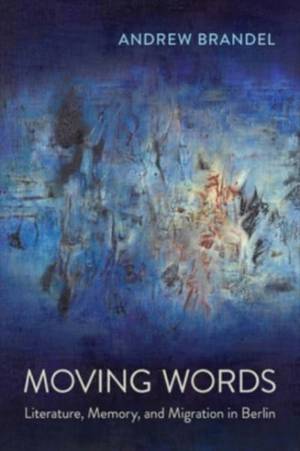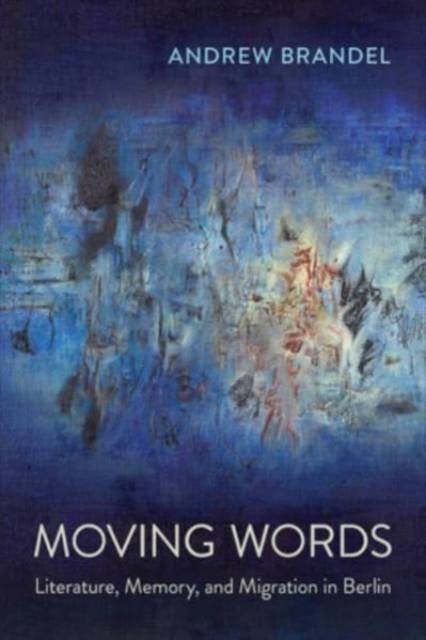
- Afhalen na 1 uur in een winkel met voorraad
- Gratis thuislevering in België vanaf € 30
- Ruim aanbod met 7 miljoen producten
- Afhalen na 1 uur in een winkel met voorraad
- Gratis thuislevering in België vanaf € 30
- Ruim aanbod met 7 miljoen producten
Omschrijving
In the decades since the fall of the Berlin Wall, Berlin has re-emerged as a global city in large part thanks to its reputation as a literary city - a place where artists from around the world gather and can make a life. Moving Words foregrounds the many contexts in which life in the city of Berlin is made literary - from old neighbourhood bookshops to new reading circles, NGOs working to secure asylum for writers living in exile to specialized workshops for young migrant poets. Highlighting the differences, tensions, and contradictions of these scenes, this book reveals how literature can be both a site of domination and a resource for resisting and transforming those conditions. By attending to the everyday lives of writers, readers, booksellers, and translators, it offers a crucial new vantage point on the politics of difference in contemporary Europe, at a moment marked by historical violence, resurgent nationalism, and the fraught politics of migration.
Rooted in ethnographic fieldwork, rich historical archives, and literary analysis, Moving Words examines the different claims people make on and for literature as it carries them through the city on irregular and intersecting paths. Along the way, Brandel offers a new approach to the ethnography of literature that aims to think anthropologically about crossings in time and in space, where literature provides a footing in a world constituted by a multiplicity of real possibilities.
Specificaties
Betrokkenen
- Auteur(s):
- Uitgeverij:
Inhoud
- Aantal bladzijden:
- 284
- Taal:
- Engels
- Reeks:
Eigenschappen
- Productcode (EAN):
- 9781487543693
- Verschijningsdatum:
- 25/07/2023
- Uitvoering:
- Paperback
- Formaat:
- Trade paperback (VS)
- Afmetingen:
- 148 mm x 228 mm
- Gewicht:
- 408 g

Alleen bij Standaard Boekhandel
Beoordelingen
We publiceren alleen reviews die voldoen aan de voorwaarden voor reviews. Bekijk onze voorwaarden voor reviews.








